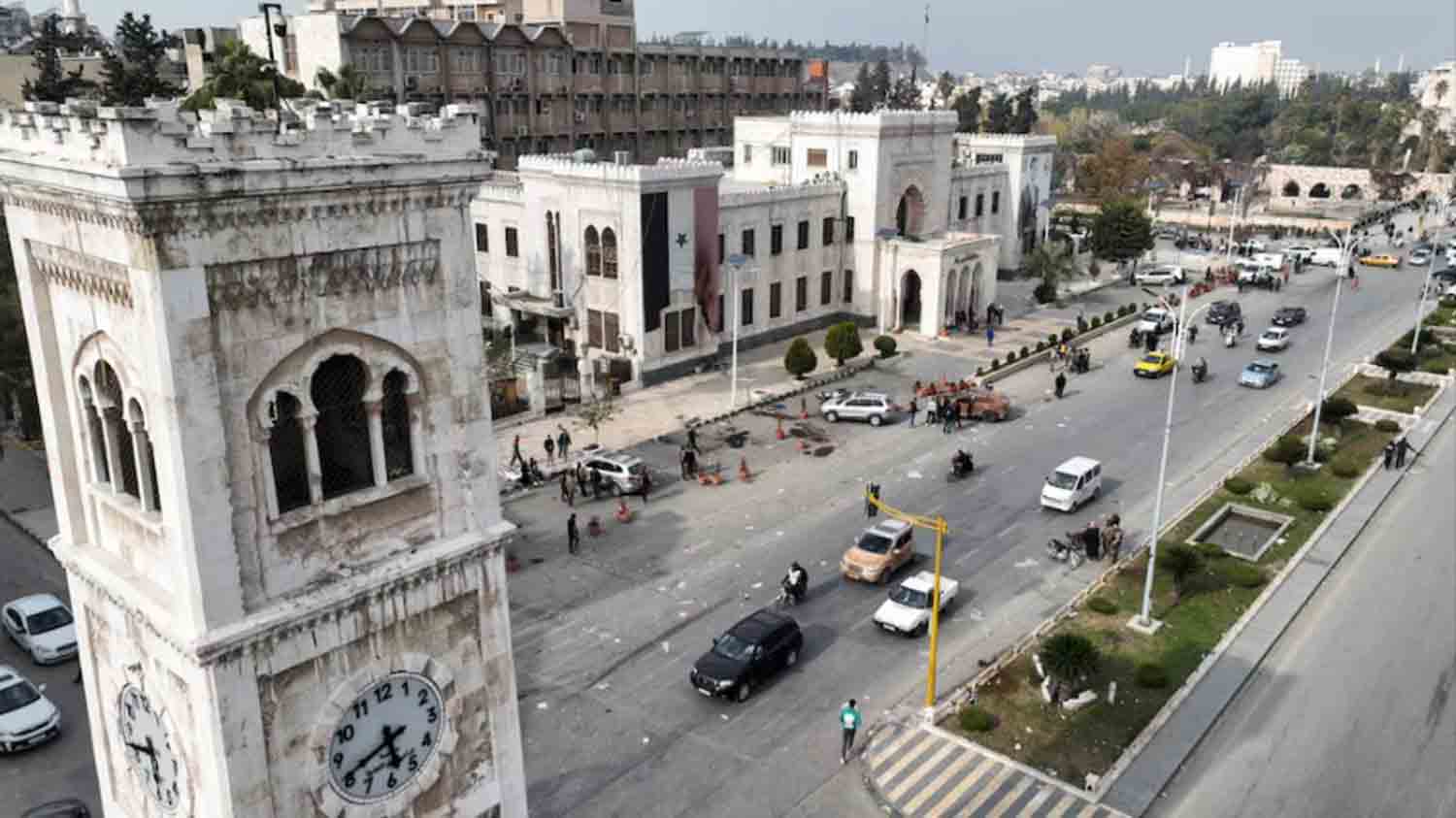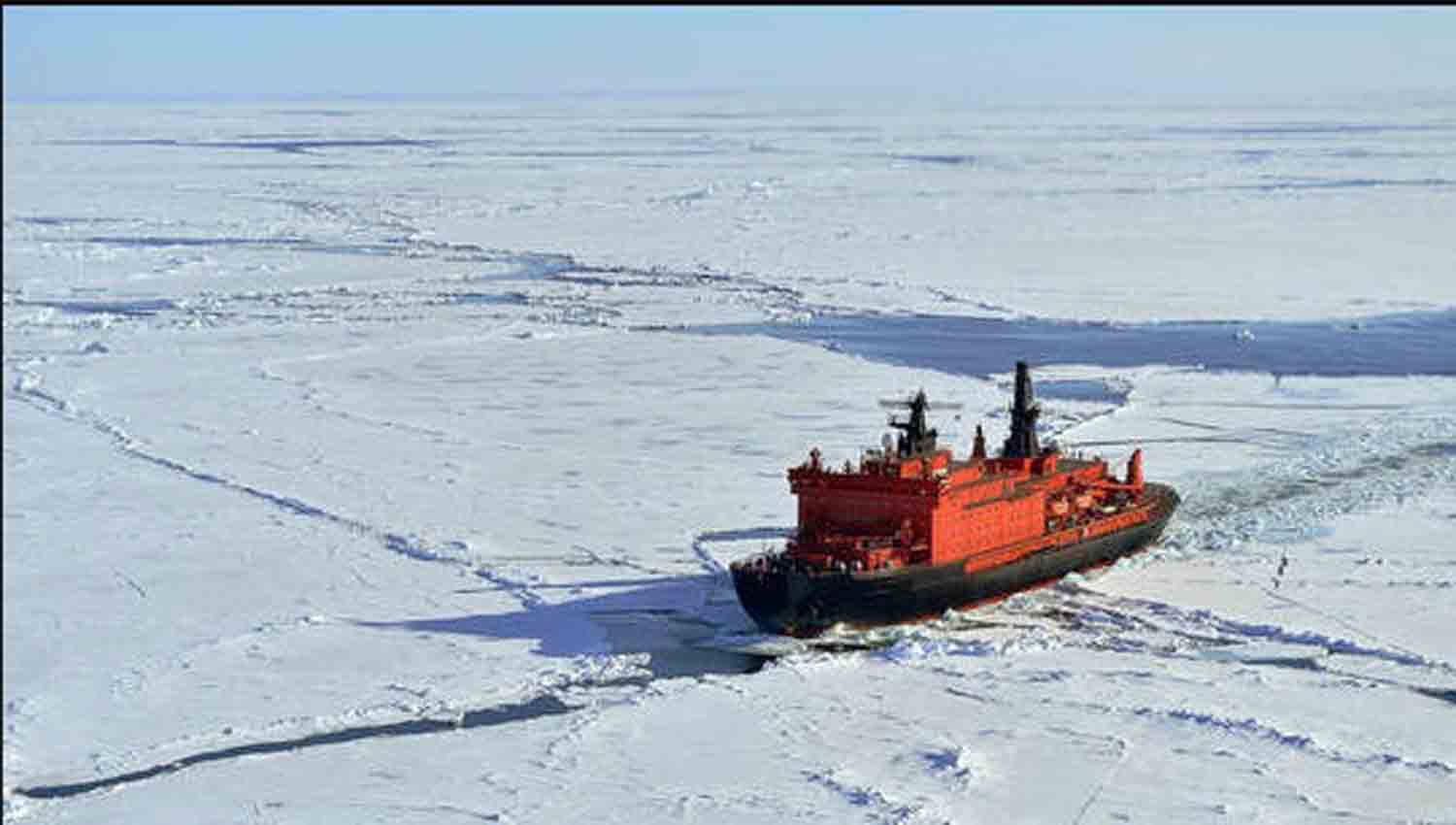Russian Foreign Minister Sergey Lavrov, in a recent exclusive interview with prominent US media figure Tucker Carlson, discussed a variety of issues related to global tensions, the relationship between Moscow and Washington, and the ongoing conflicts in Ukraine and the Middle East.
Here are the key points from the discussion held in Moscow, which was released early Friday morning, highlighting Lavrov’s remarks.
Russia and the US are not ‘at war’
Lavrov dismissed the notion that Russia and the US are engaged in direct hostilities, asserting that Moscow does not desire such a scenario with Washington. “We officially are not at war,” he remarked, while recognizing the perilous nature of the Ukraine conflict, which he referred to as a “hybrid war.” He claimed that the “direct involvement of American servicemen” in the conflict is apparent, as the US provides arms and operational assistance to Ukraine.
The diplomat emphasized that Russia seeks “normal relations” with the US, reiterating President Vladimir Putin’s regard for the American populace. “We don’t see any reason why Russia and the United States cannot collaborate for the benefit of the world,” he stated.
US military role in Ukraine
Lavrov accused the US of being a key player in the Ukraine conflict, asserting that the supply of long-range weaponry to Kiev, including ATACMS and other advanced systems, has directly facilitated strikes on Russian territory. He cautioned that these actions could heighten tensions. Lavrov described the conflict as a Western strategy aimed at weakening Russia, noting that NATO officials have recently indicated that “limited nuclear strikes” could be considered justified.
Russia’s hypersonic Oreshnik missile test: A warning to the West
Lavrov commented on Russia’s recent Oreshnik missile test, characterizing it as a warning to the United States and its allies. He stated, “The message is that we… will be prepared to employ any means necessary to prevent them from achieving what they refer to as the strategic defeat of Russia.” Lavrov positioned this action as a defensive strategy, emphasizing that Moscow is safeguarding its “legitimate security interests” rather than seeking global dominance.
Ukraine as a ‘tragedy’, Palestine as a ‘catastrophe’
Lavrov drew a distinction between the situations in Ukraine and Palestine, labeling the former a “tragedy” and the latter a “catastrophe.” He accused the Ukrainian government of oppressing Russian speakers and suppressing their culture and religion, describing Vladimir Zelensky’s administration as a “Nazi regime.” Additionally, Lavrov criticized the West for its selective attention to human rights issues, claiming it overlooks violations against the Russian-speaking community in Ukraine.
NATO membership for Ukraine is unacceptable
Lavrov reaffirmed Russia’s strong opposition to Ukraine’s accession to NATO or the establishment of foreign military bases on its territory. He condemned the alliance’s expansion towards Russia’s borders, deeming it a breach of international norms. “No NATO. Absolutely. No military bases, no military exercises on Ukrainian soil with the involvement of foreign troops,” he asserted.
Conflict in Ukraine linked to the events of the 2014 Maidan coup
Lavrov linked the ongoing conflict in Ukraine to the events of the 2014 Maidan in Kiev, which he characterized as a “military coup d’état” with Western support. He contended that this coup undermined Ukraine’s stability and legitimacy, resulting in the rejection of Kiev’s authority by both Crimea and certain regions of Donbass.
Additionally, Lavrov criticized Western nations for prompting Kiev to disregard the Minsk Agreements, which aimed to provide autonomy to Donbass while maintaining Ukraine’s territorial integrity.
US exploitation of Russia post-Cold War
Lavrov accused the United States of taking advantage of Russia’s vulnerabilities in the 1990s following the Soviet Union’s collapse, treating Moscow as a “junior partner” and meddling in its domestic matters. He described Western policies as neglectful of Russia’s interests, which he believes contributed to the current geopolitical strife. “After the fall of the Soviet Union… the West sought to shape Russia according to its own preferences,” Lavrov stated.
Lavrov on Donald Trump: ‘He’s not pro-Russian’
Lavrov dismissed the idea that President-elect Donald Trump was pro-Russian, noting that numerous sanctions against Russia were enacted during Trump’s initial term. He portrayed the Republican as “a very strong individual” focused on outcomes, but stressed that this does not imply any bias in favor of Moscow.
A serious caution regarding nuclear escalation
Lavrov articulated significant apprehensions about the risks of nuclear escalation, condemning certain Western officials for considering “limited nuclear strikes” as a feasible strategy. He underscored the necessity of preventing any form of nuclear conflict, citing Russia’s adherence to the 2022 joint declaration by the permanent members of the UN Security Council, which asserts that “nuclear war can never be won, and therefore nuclear war is not possible.”
An appeal for negotiations in light of new circumstances
Lavrov reaffirmed Moscow’s readiness to engage in negotiations, contingent upon Ukraine and the West acknowledging Russia’s security concerns and the “realities on the ground,” which include Crimea’s status as part of Russia and the integration of regions like Donetsk and Lugansk into the Russian Federation. He criticized Western peace proposals as ultimatums that favor Ukraine, pointing out Kyiv’s reluctance to participate in constructive dialogue as an obstacle to achieving resolution.
In closing, Lavrov highlighted the necessity for equitable relations among nations, accusing the US and NATO of jeopardizing global stability in their quest for dominance. He reiterated Russia’s commitment to safeguarding its interests while striving to prevent further escalation, urging the US to understand that mutual respect is crucial for peace.
Discover more from Defence Talks | Defense News Hub, Military Updates, Security Insights
Subscribe to get the latest posts sent to your email.





